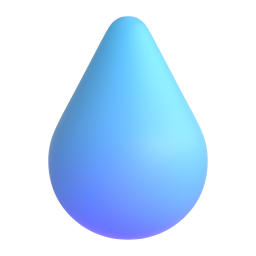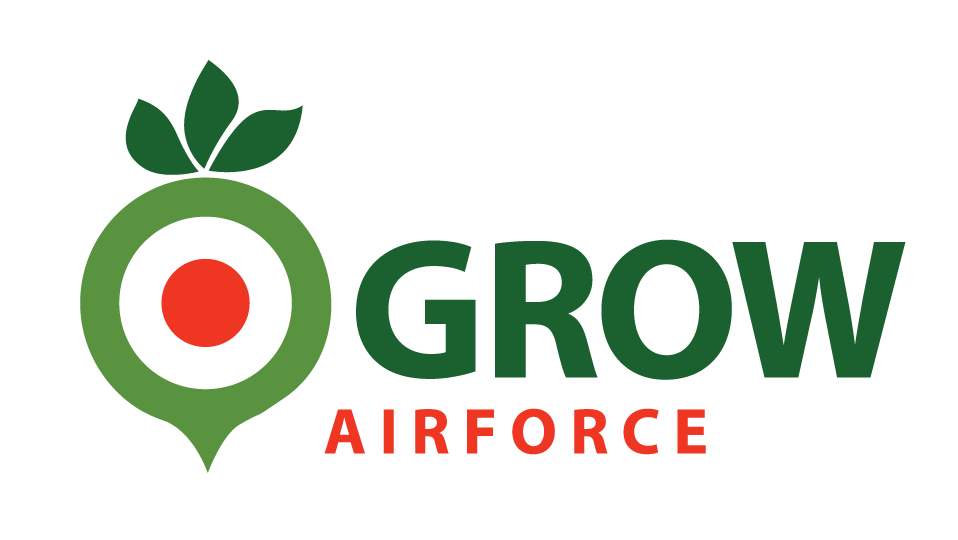Drone Treatment for Trees and Olive Groves — Precision, Care, and AgroAI™ Technology
GrowAirforce uses next-generation drones to treat trees and olive groves with high precision, eco-sustainability, and no soil compaction. This is the new standard in smart orchard farming, where every drop hits its mark. Our drone solutions serve orchards of all sizes — from small family plots to large-scale plantations.
Why Drones Are Effective for Tree Treatment
- Family Farms and Small OrchardsApples, pears, apricots, plums, cherries
Olive groves from 2 to 20 hectares
Mountainous or irregular terrains
Why drones?
✅ No heavy machinery or soil compaction
✅ Precision spraying without touching fruit
✅ Up to 40% reduction in input use
✅ Access to difficult terrain - Medium and Large-Scale Orchard EnterprisesIndustrial orchards (apples, peaches, citrus)
Monoculture olive groves (Greece, Italy, Spain, Tunisia)
Certified for EU Organic / GlobalG.A.P.
Why drones?
✅ Higher yield uniformity
✅ 20–100 hectares processed per day
✅ Supports sustainable farming and export certifications
✅ Reduces manual labor load - Cooperatives and Agro-ContractorsRegional service providers
Centralized drone procurement and usage
White-label spraying services
Why drones?
✅ Economies of scale
✅ Turnkey service with dosing calculations
✅ Versatile for olives, citrus, and beyond - Research and Demonstration SitesAgriTech hubs, universities, pilot projects
Research farms and greenhouses
Why drones?
✅ Showcase for precision agriculture technologies
✅ NDVI and hyperspectral imaging
✅ Investor and student demonstrations - Organic and Biodynamic FarmsEU Organic, Demeter, Bio Suisse certified
Participants in EU green programs or local grants
Exporters of oils, juices, dried fruits
Why drones?
✅ Minimal soil disturbance
✅ Safe, precise input application
✅ Compliance with traceability and sustainability - Investors and DevelopersNew orchard planting projects
AgriTech hubs, ESG-driven developments
Funded startups and grant pilots
Why drones?
✅ Transparent ROI with digital field control
✅ Sustainability from day one
✅ Strong ESG and innovation profile
What Drones Do for Trees
Geography & Case Studies: Drone Use in Orchard Farming
Summary: Why Drones Are the Future of Orchard & Grove Management

High performance in rugged terrain
Drones can access slopes, terraces, and remote areas where ground machines fail — without compacting the soil.

Resource savings & accuracy
AI-driven dosing reduces water and chemical use by 40–60%, eliminates over-spraying, and enhances target precision.

Better yield and quality
Drones boost uniform flowering and ripening, reduce defects, and increase exportable product share by 15–25%.

Smart orchard analytics
Multispectral imaging detects stress and disease 3–5 days before symptoms appear. Digital maps improve yield forecasting.

Easier certification & compliance
Growers meet EU Organic, GlobalG.A.P., and ESG standards. Drones qualify for green subsidies and traceability programs.

Scalable across all farm sizes
Solutions for family farms and agro-holdings alike. Drones adapt to crop types, terrain, and business models.
🇮🇹 Case: Sicily, Italy — Citrus Orchards (Oranges & Lemons)
Location & Context
- Regions: Syracuse (Rosolini), Catania, Agrigento
- Up to 30-ha citrus farms, many EU Organic certified and export-oriented
- Drone-based services in use since 2017, supported by universities and agri-tech partnerships

Results & Impact
Why Sicily Is a Key Case
- +20% yield and fruit quality, especially for Bioagricola F.lli Solarino (Rosolini)
- −40–50% chemical use, less loss and higher market grade
- Water optimization: ACQUA-UA project in Catania Valley shows significant savings
- Yield prediction & harvest planning enhanced by AI + NDVI analysis
Why Sicily Is a Key Case
- Challenging climate: drought and heat demand high-precision monitoring
- Organic & export farms need traceability, minimal inputs, and strict quality control
- Terrain constraints: Drones are often the only non-compacting solution
🇬🇷 Geography & Case: Thessaly, Greece — Terraced Olives & Almonds
Thessaly region in central Greece — a mountainous zone with terraces planted with olives and almonds, especially in Trikala and surrounding areas.

- Tested by: Project EXARHOS at University of Thessaly & Hellenic Mediterranean University (2020–2022)
Results & Benefits
- 30–40% reduction in water and agrochemical use
- Higher yield & quality through early stress detection
- Erosion prevention: drones avoid compaction on terraces
- ESG & Organic compliance enabled by traceability and low-impact treatment
Why It Matters
- Thessaly is erosion-prone, requiring delicate handling
- Drones operate without touching the soil — perfect for fragile terraces
- Supports export crops (eucalyptus, almond oil) + ESG digital compliance
🇫🇷 Case: Provence, France — Almond & Apple Orchards (Organic)
Location & Crop
- Departments: Vaucluse, Var, Alpes-de-Haute-Provence
- Small certified EU Organic farms growing almond and apple
- Active implementation of traceability and sustainable orchard practices

Outcomes
- −30–40% agrochemical input with organic-compliant protocols
- Improved tree health & fruit quality — better sugar ratio and harvest timing
- Better varietal uniformity — important for EU market compliance
- Soil structure preservation — no compaction or mulch loss
- Optimal for organic horticulture: terraces, light soils, drought-prone
- European best practices in place: digital traceability, minimal chemicals, and sustainability at the core.





